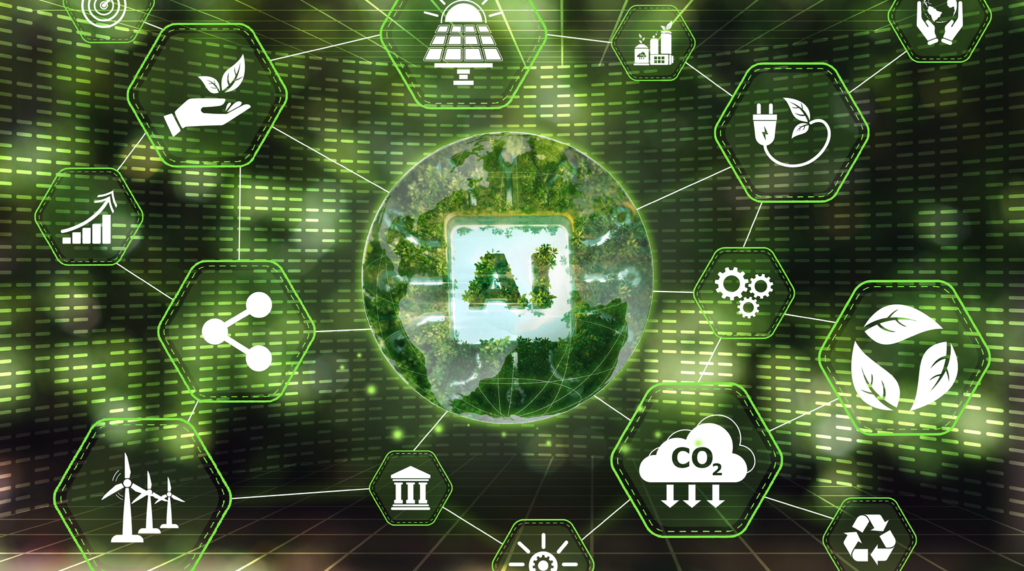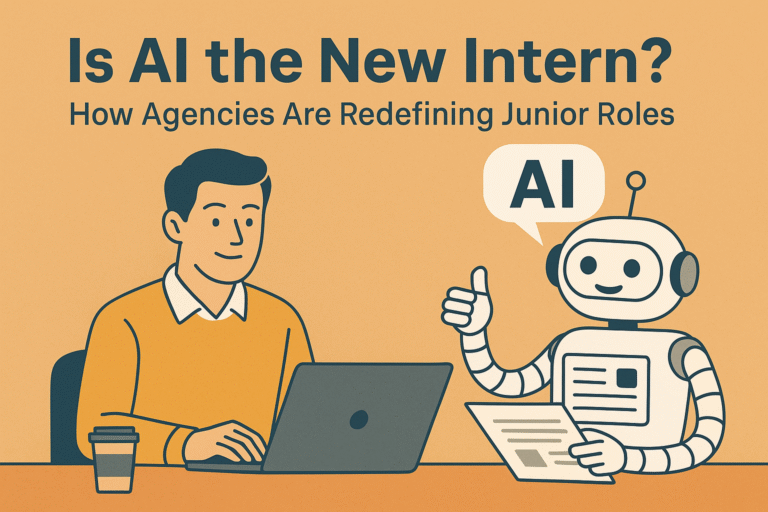
4. AI in Personalized Eco-Friendly Marketing Campaigns
Personalization is one of the most powerful ways AI can be leveraged in sustainable marketing. By analyzing data on consumer habits, AI enables brands to create tailored marketing campaigns that highlight the eco-friendly aspects of products or services.
- AI-Driven Email Marketing: AI tools like Mailchimp can send personalized eco-friendly product recommendations, based on individual preferences and past purchases.
- Chatbots for Customer Engagement: AI chatbots like Drift or ManyChat can provide instant responses to customer queries regarding sustainability practices, making communication easier and more efficient.
Example: Sephora uses AI to offer personalized beauty recommendations, and they highlight sustainable, cruelty-free products to customers interested in eco-friendly options.
5. Optimizing Sustainable Advertising with AI
AI also plays a crucial role in optimizing digital ads and reducing unnecessary waste. By analyzing user data, AI ensures that advertisements are targeted to those who are most likely to resonate with sustainable products.
- AI-Powered Ad Placement: Tools like Adext AI and WordStream help optimize ad campaigns, ensuring that eco-conscious brands only spend money on the most effective advertising channels.
- Predictive Analytics: AI tools predict customer behavior, allowing businesses to preemptively market sustainable products at the right time.
Example: Ikea uses AI-powered tools to target ads more effectively, promoting its eco-friendly furniture lines to the right customers.
6. AI and Transparency in Sustainability
Consumers are becoming more conscious of how companies handle sustainability, and AI can help businesses be more transparent in their operations.
- Blockchain and AI Integration: Companies can use AI alongside blockchain technology to trace the journey of products from raw materials to finished goods. This offers consumers a transparent view of the sustainability of their purchases.
- Automated Sustainability Reporting: AI tools can automate reports on sustainability efforts, tracking energy use, carbon emissions, and waste reduction.
Example: Everledger, a company that uses blockchain and AI to track the sustainability of diamonds, is an example of transparency in action.
7. Challenges and Future of AI in Sustainable Marketing
While AI brings significant advantages to sustainable marketing, challenges remain. Data privacy concerns, the environmental cost of running AI systems, and the risk of over-automation are all hurdles to overcome.
Future Trends:
- Increased use of AI to combat food waste in the supply chain.
- AI-driven consumer education around sustainable practices.
- Growth in AI solutions for energy-efficient manufacturing.
Example: Companies like Tesla and Google are leading the charge to minimize the environmental impact of AI by making their data centers more energy-efficient.
Conclusion: Embracing the Future of AI in Sustainable Marketing
AI in sustainable marketing is not just a trend; it’s a necessary evolution for businesses looking to remain competitive and socially responsible. With AI tools, companies can make smarter decisions, reduce their carbon footprint, and engage more deeply with eco-conscious consumers. By combining AI with sustainability, businesses can shape a brighter, greener future for all.


